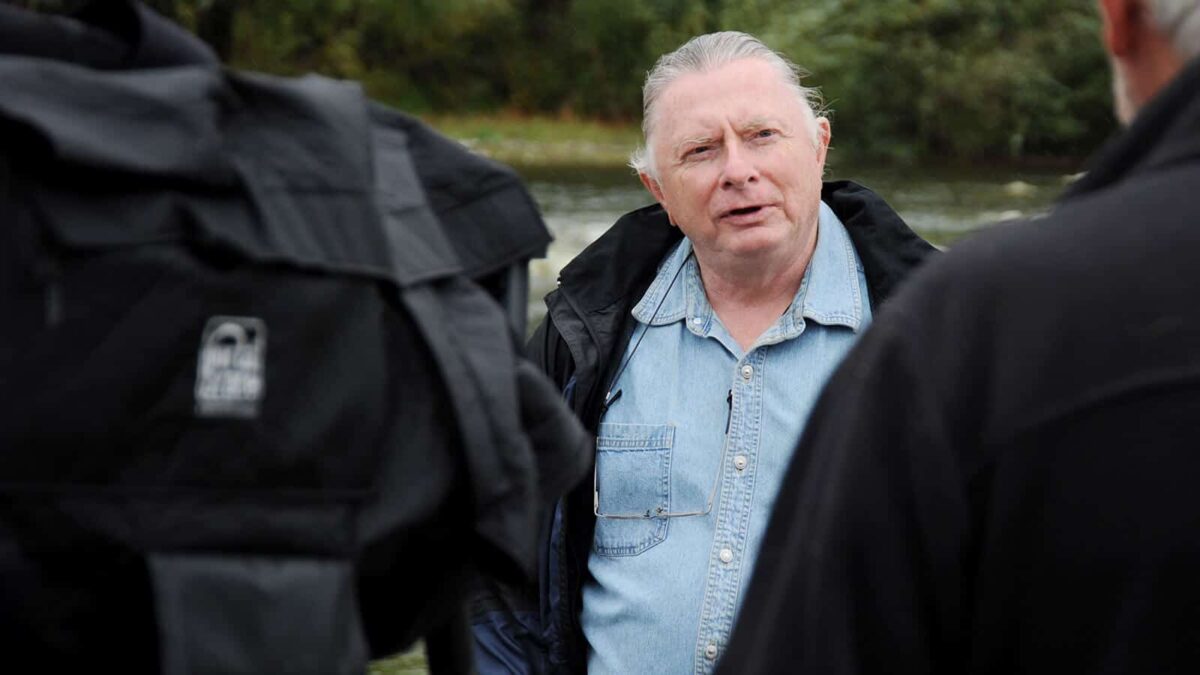 This edition of BayBuzz provides a heap of information on amalgamation.
This edition of BayBuzz provides a heap of information on amalgamation.
Deservedly, because how we choose to be governed locally is the biggest political decision we will make for decades.
I’ve been writing about the benefits of amalgamation for years, so my position is no secret.
I think it’s fair to say that those who have supported this magazine and me as a councillor appreciate that I’m committed to openness and accountability when it comes to local politics and government. And these are objectives that I believe amalgamation would advance.
Yet not a few of my strongest supporters are resistant to amalgamation, chiefly for theoretical or philosophical reasons – ‘small is beautiful’ and ‘the best government system is one that can do the least harm’.
The latter principle (on which many might agree!) becomes, perversely, an argument in favour of the duplication, inconsistency and bickering that our five councils excel at. To these folks – all of whom I suspect would like to see the region do better – gridlock is better than change with which they might not agree.
And so, instead of championing change, some people are content to stick with the status quo, then blame it when the occasion suits.
As I’ve watched, often the loudest complaints come from the most clueless about how our local bodies in Hawke’s Bay work, or don’t. But, in their defense, much of the confusion arises from how jurisdiction over various issues is mysteriously allocated.
Examples abound …
- One council allows homes to encroach upon a mushroom farm; another council prosecutes the mushroom farm for odour-offending its neighbors.
- One council ignores advice and funding from another that would help it deal with its sewage treatment duties; the second council, with responsibility to compel clean water, but without authority to direct the method, wrings its hands helplessly.
- One council suggests to landowners that their coastal properties should be protected; another council mightily resists.
- One council allows a leaky roof to be built over another council’s headquarters; in retaliation, the wet council sues the dry one. [Try to find the ‘settlement’ in any councils’ books!]
- One council grants consents ignoring a multi-council approved plan on land use; another council appeals to the Environment Court.
- One council, with authority over noise, allows seismic testing to identify oil and gas potential; the council with more significant authority over such development is taken completely by surprise, and is blamed for opening the floodgates to oil development.
- One council agrees to add $1.8 million over three years to the budget of Hawke’s Bay Tourism; and yet is clueless as to what other councils are spending on tourism promotion. With lesser dollars at stake, one can say the same about our councils’ overall spend on economic development.
- A natural disaster could affect any one of us, at any time, anywhere in Hawke’s Bay, yet five councils niggle over the varying amounts they will voluntarily put in the civil defence kitty.
- One council proposes a stormwater management plan; another challenges it; they fight it out in an expensive legal appeals process.
- One council – the one with the most farming output – actively pursues a GE Free status; another hides its head in the sand; three others shrug their shoulders.
- One council tells a water bottler he can take aquifer water; another tells him which route his trucks must take to port.
- One council seeks to clean-up the Ahuriri Estuary; another council refuses for years to take responsibility for dealing with its polluters.
- One council needs contractors to remove riverbed gravel to enable flood protection; another council sells cheaper quarry gravel, leaving the first council ‘high and wet’.
Hopefully you’re getting the point. These are ‘real world’ examples from Hawke’s Bay; they defy ‘good government’ theory about keeping everything ‘local’ and dividing the power.
If you’ve been a victim of one of these situations – or are merely a concerned ratepayer – it’s nearly impossible to keep track of which council carries which responsibility, who to hold accountable, where to seek action, and where to place blame … when blame is due.
There are only but two constituencies that are happy with this state of affairs – the region’s lawyers and the region’s five councils.
No ratepayer, no voter, should be.



I’m a rental property owner with 10 properties in Hastings and Napier. These are my ‘Kiwisaver’, and I worked 2-3 jobs until my early 30’s to invest. No capital gains for a good 7 years now but rates and insurances keep going up. I can’t afford the gamble of amalgamation without guarantee of rates increases being a massive game breaker for me!
Your second example is factually incorrect, Tom. The RegionaL Council is not “wringing its hands helplessly”. It is complicit in the scam being perpetrated by the Central Hawkes Bay District Council. Both councils are saying that the “receiving environment” for the effluent from Otane is the Kaikoura Stream. The effluent does not reach that stream in summer and early autumn because the 5km farm drain into which the effluent is pumped “dries up”. In other words, the pollutants sink into the ground and contact the groundwater in the Papanui aquifer. Both councils know that, but continue to pretend otherwise. Isn’t it time the elected representatives started thinking about what their role really is?